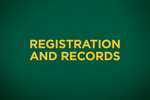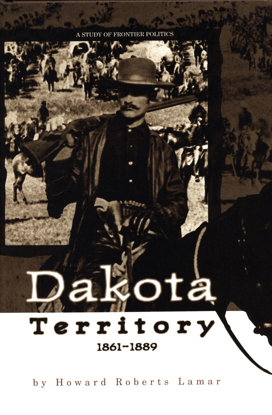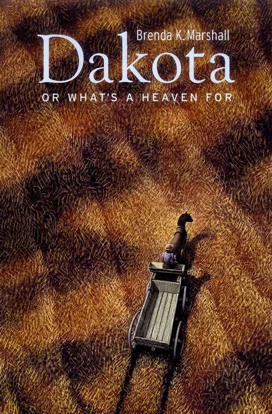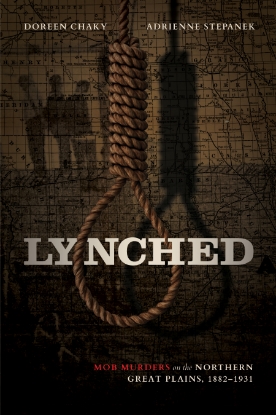Products tagged with 'dakota territory'
Dakota Territory
First published some four decades ago. This political history of the Dakotas at their infancy offers readers a powerful picture of the politicians who carved a government out of a frontier and turned it into not one, but two huge states.
By Howard Lamar
ISBN 0-911042-47-4
Copyright 1997
Hardcover
336 pages
Dakota, Or What's a Heaven For
The lives and schemes of frontier politicians, Northern Pacific Railroad executives, bonanza farmers, and homesteaders converge in the story of Frances Houghton Bingham, who marries the son of a Red River Valley bonanza farmer in order to remain near her new husband’s sister. Emotionally complex, willful and resourceful, Frances is seduced by the myths of opportunity driving the settlement of Dakota Territory, and dares to dream of a new world in which to realize her unconventional desires. Providing a counterpoint to the dramatic risks taken by Frances is the generous voice of Kirsten Knudson, the daughter of Norwegian homesteaders. As Kirsten grows from a voluble girl to a formidable woman, her observations (equal parts absurdity and insight) reveal the heart of the novel.
Lynched: Mob Murders on the Northern Great Plains, 1882-1931
With a rope and a mission, like-minded neighbors found lynching to be a simple and efficient way to obtain what they regarded as certain justice.
Northern plains lynch mobs shared a belief that what they did resulted in swift and sure justice, which the established courts would not or could not provide. Juries might be reluctant to impose the death penalty, and if a suspect were tried, found guilty, and sentenced to life in prison, they might be prematurely pardoned. Perpetrators might successfully evade punishment by using insanity pleas. With a rope and a mission, like-minded neighbors found lynching a simple and efficient way to obtain what they regarded as certain justice.
The distrust many citizens had of the legal profession seemed rooted in the perception that lawyers and the complicated law they practiced appeared to offer more justice to criminals than to crime victims. That distrust extended to jurors considered too soft-hearted to mete out appropriate punishment. Do-it-yourself justice among the lynch mobs seemed fairer and quicker than waiting for what they considered unreliable juries, lawyers, and judges. Perhaps those who disparaged lawyers and the rule of law—and sought to bypass them with a rope—simply did not understand the complexities of American jurisprudence. Based on centuries-old English common law, the court system was malleable and did respond to changing ideas and mores, but these changes came slowly. The people who made up the mobs were unwilling to patiently await such incremental adjustments.
Lynched examines the events surrounding, and the media portrayal of, nine mob murders that resulted in eleven deaths on the northern Great Plains from 1882 to 1931. Revealing a disturbing part of history, Lynched aims at uncovering the stories of these lynchings while shedding light on the volatile mentality of the communities where such injustice happened.
ISBN: 978-1-946163-59-2
Page Count: 320
Picture Count: 29 black and white images
Index: Yes
Bibiliography: Yes
Hardcover
Publication Date: April 13, 2024
Lynched, Mug
11-oz. capacity
Dishwasher- & microwave-safe
Ceramic
White exterior
Ships directly from manufacturer



























